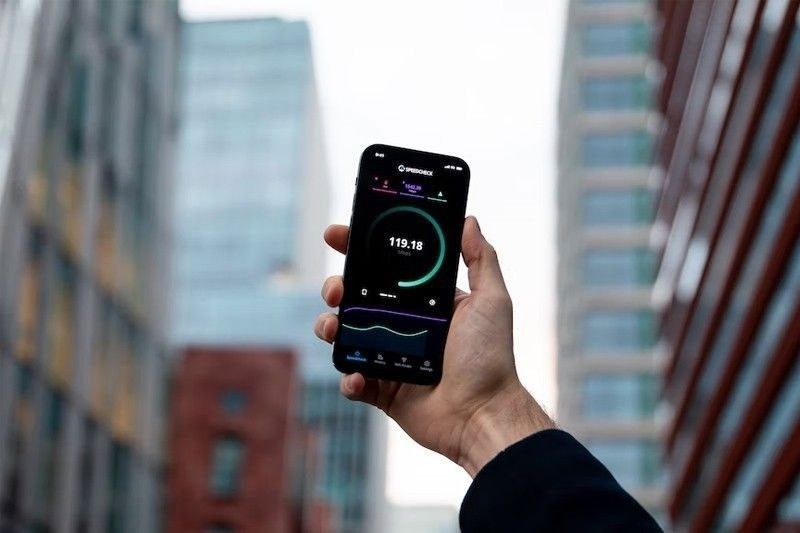
Upgrade to High-Speed Internet for only ₱1499/month!
Enjoy up to 100 Mbps fiber broadband, perfect for browsing, streaming, and gaming.
Visit Suniway.ph to learn
This photograph shows building of Chinese multinational corporation and technology company Huawei in Boulogne-Billancourt, west of Paris on April 21, 2025.
AFP / Joel Saget
TAIPEI, Taiwan — Taiwan has put Chinese tech giant Huawei and chip titan SMIC on an export blacklist, further squeezing Beijing's access to the technology needed to build the most advanced chips.
Huawei and Semiconductor Manufacturing International Corp were among 601 entities added to Taiwan's "strategic high-tech commodities entity list", the Ministry of Economic Affairs' International Trade Administration said Sunday.
Taiwan is a global chip powerhouse, producing more than half of the world's semiconductors -- including almost all high-end chips.
Local companies wanting to ship high-tech products to Huawei, SMIC or any other entity on the list will have to obtain permission from Taiwan's government.
"Based on the prevention of arms proliferation and other national security considerations, a total of 601 entities involved in arms proliferation activities were added to the list... including Chinese companies such as Huawei and SMIC," the administration said in a statement.
Other entities added to the list are based in Russia, Pakistan, Iran and Myanmar, according to the statement.
Taipei's move deals another blow to Chinese tech companies, which are already facing increasing export restrictions imposed by the United States.
The United States has expanded efforts to curb exports of state-of-the-art chips to China, concerned they could be used to advance Beijing's military systems and other tech capabilities.
Washington recently unveiled guidelines warning firms that using Chinese-made high-tech AI semiconductors, specifically Huawei's Ascend chips, would put them at risk of violating US export controls.
Tougher controls have prevented US chip giant Nvidia, one of Huawei's rivals, from selling certain AI semiconductors -- widely regarded as the most advanced in the world -- to Chinese firms.
As a result, it is now facing tougher competition from local players in the crucial market, including Huawei.
Nvidia's chief executive Jensen Huang told reporters last month that Chinese companies "are very, very talented and very determined, and the export control gave them the spirit, the energy and the government support to accelerate their development".
But Huawei's chips still "lag behind the United States by one generation", state media quoted its founder and CEO Ren Zhengfei as saying in a rare interview last week.
Beijing has accused the United States of "bullying" and "abusing export controls to suppress and contain" Chinese firms.

 6 hours ago
1
6 hours ago
1



